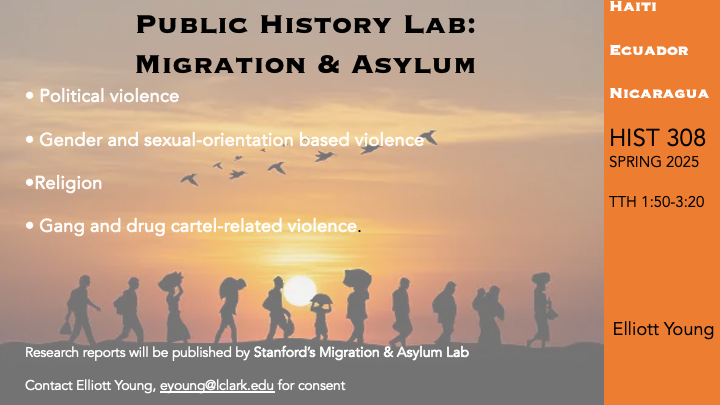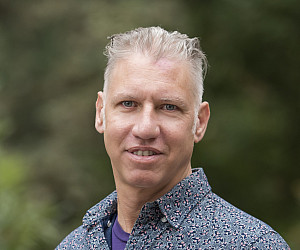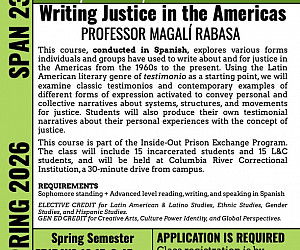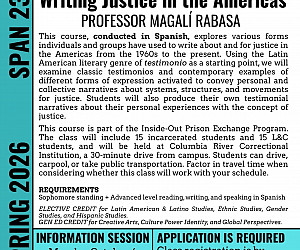This lab course is designed to have students do community-engaged research on country conditions in five Latin American countries. The course will teach students research, writing and analytical skills to prepare them to write targeted research bulletins on specific issues relevant to asylum cases. Students will learn about the need for targeted research on country conditions that can be then used in asylum cases by immigration attorneys. Topics will be determined by the needs of immigration attorneys and partner organizations.
Each student will be given a discrete research project that they will undertake over the course of the semester. Students will be organized in country and thematic teams so that their particular research projects can be compiled into robust reports covering various issues. The countries we will focus on include Guatemala, El Salvador, Honduras, Mexico, Venezuela and Cuba since those are within my area of expertise, and because almost all asylum requests are from these five countries. The topics for research will include political violence, gender and sexual-orientation based violence, religious expression, customs and practices among Indigenous and other marginalized groups, and gang and drug cartel-related violence.
The research reports that students write which will be edited by me, and after going through an editorial process at Stanford’s Asylum Lab, will be published on a website where students will be acknowledged for their contributions. The editorial process through the Stanford Migration & Asylum Lab will give students real-world experience in drafting professional emails, speaking with lawyers and academics, and doing collaborative public history research that will have a direct impact on people’s lives.
Each week, we will be working on the research reports themselves as well as exploring the various forms that public history can take, including museum exhibits, audio podcasts, videos, archival projects, etc.





